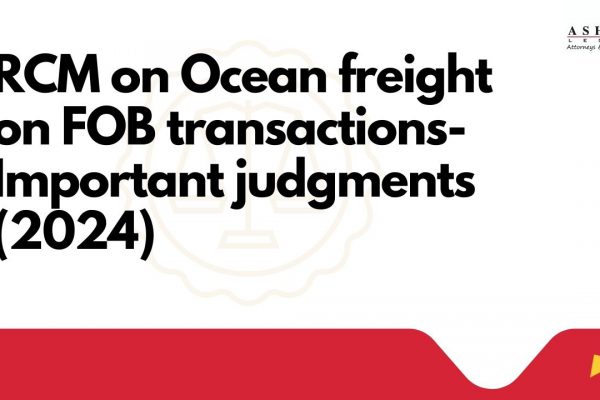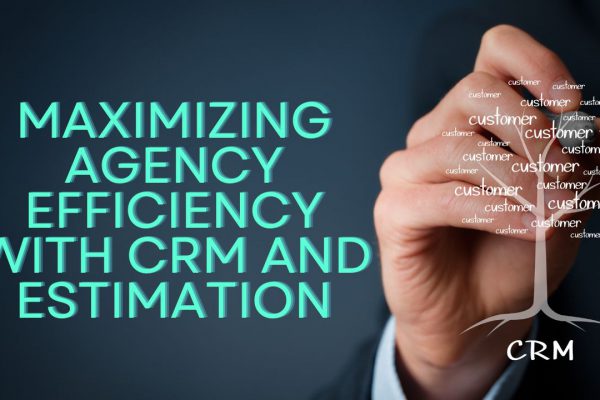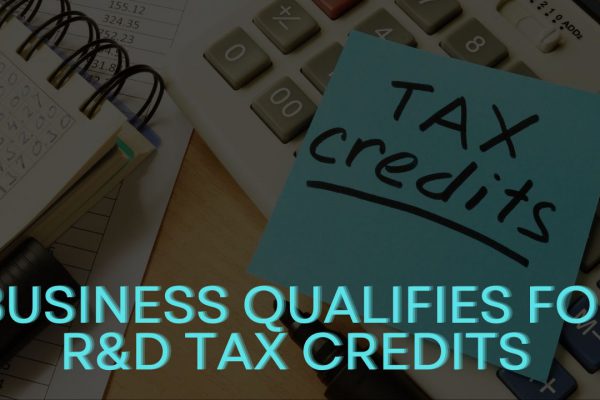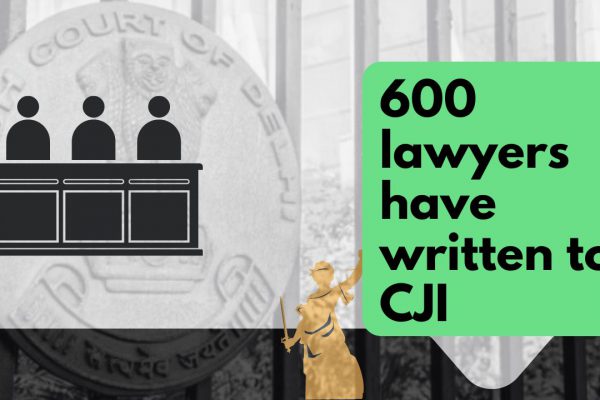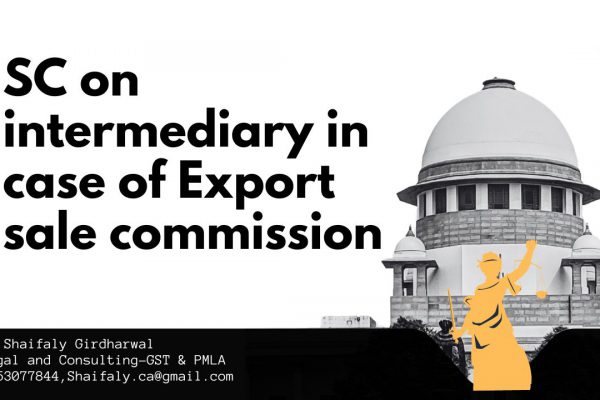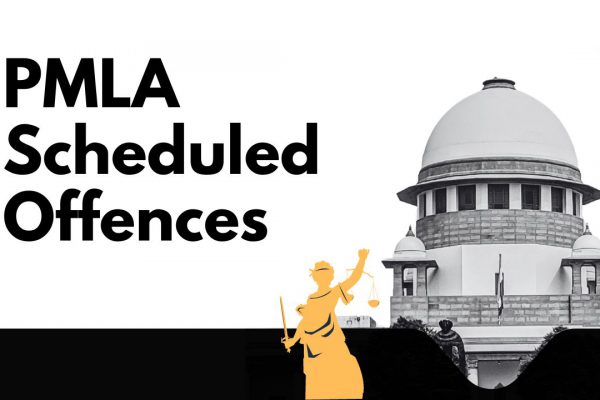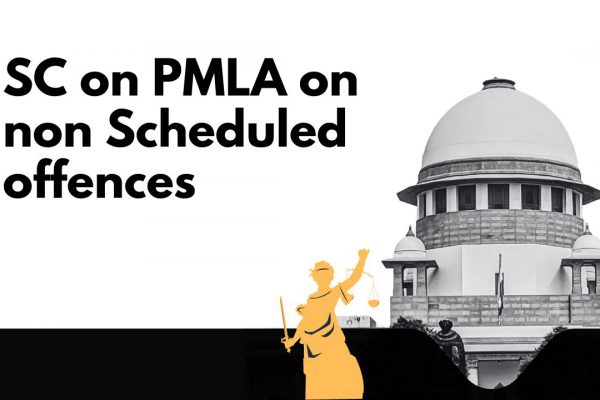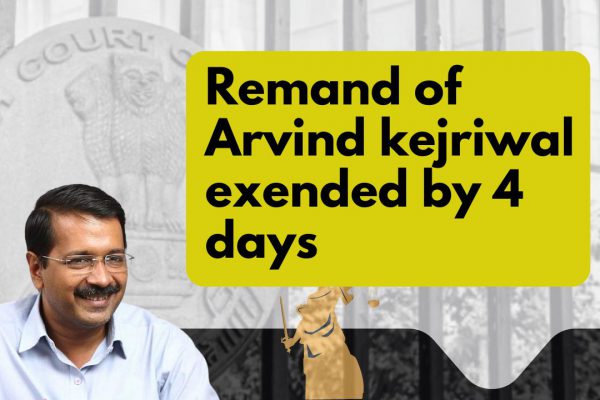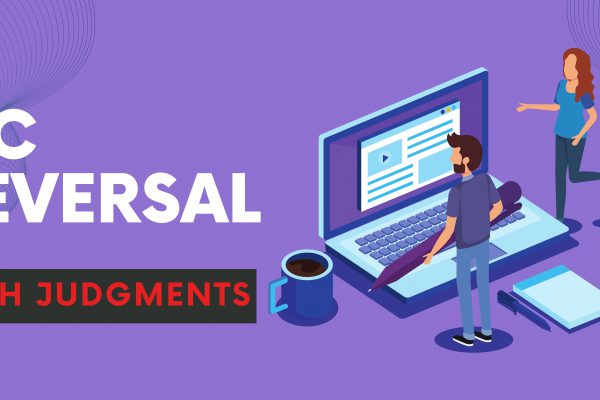LIQUOR LICENCES: UNDOUBTEDLY TAXABLE BEFORE AS WELL AS AFTER GST
LIQUOR LICENCES: UNDOUBTEDLY TAXABLE BEFORE AS WELL AS AFTER GST ROLL OUT – By K K Sharma, Member, Central Board of Excise & Customs (Retd.)
TAXABILITY of liquor licenses issued by various State Governments to liquor vendors has come into question in the wake of a recent letter No. 8044/X-1 dated 10.3.2018 of Commissioner, Excise & Taxation, Haryana (“CET” in short) Regarding the decision of GST Council on levy of GST on the license fee. Addressed to All the Deputy Excise & Taxation Officers (Excise) in the State of Haryana, and relying on a purported decision of the GST Council in its 26th meeting held on 10.3.2018, the letter inter alia declares that:
(i) GST is not leviable on licenses for alcoholic liquor for human consumption; and
(ii) This would also apply mutatis mutandis to the demands by service tax/Central Excise authorities of service tax on licenses for alcoholic liquor for human consumption in the pre-GST era, i.e. from period 1 St April 2016 to June 2017.
The letter, graded Most Urgent, directs all the addressees that the stakeholders may be informed accordingly.
2. On the face itself, this pronouncement of the CET is erroneous and misleading, apart from being legally untenable. Could the CET declare liquor licenses non-taxable under GST law merely based on the claimed decision of GST Council? Was a letter correct mode of communicating such a decision to the stakeholders at large? Did the CET have lawful authority to pass judgment on a tax dispute under the Service Tax law and disseminate it to the stakeholders ? These and related questions throw up the following four key issues for consideration and determination:
A. What is a liquor license?
B. Was or was not grant of such licenses a taxable service during the pre-GST regime?
C. Is liquor licenses taxable supplies or not in the GST regime?
D. Does the CET’s letter carry any sanctity?
Let us examine each of these issues in detail.
A. Liquor Licence
3. A liquor license is nothing but a permit to sell alcoholic beverages for human consumption. Under Art. 246(3) of the Constitution of India, a tax on the intra-State sale or purchase of certain goods, including alcoholic liquor for human consumption, mentioned in Entry 54 of List II (State List) of the Seventh Schedule, falls in the exclusive legislative domain of a State Legislature. The legislative competence of a State legislature also extends, in terms of entry No. 66 of the State List, to the fees charged in respect of any of the matters in the said State List, except the fees taken in any court. Thus, the fee charged for grant of the license to sell alcoholic liquor for human consumption is a subject on which State Legislature has sole jurisdiction to make laws.
4. In the State of Haryana, liquor licenses are granted in terms of the provisions of Haryana Liquor Licence Rules, 1970 framed in terms of section 59 of the Punjab Excise Act, 1914. Various types of liquor licenses, enumerated in Rule 2 ibid, are issued for fees which, as provided in Rule 23 ibid, are fixed or assessed or determined by tender or auction or both. Similar laws exist in other States as well for regulating the grant of liquor licenses.
Related Topic:
Liquor license fee is out of GST
B. Taxability of liquor licenses in pre-GST Regime
5. Art. 246(1) of the Constitution confers exclusive powers on the Parliament to make laws with respect to any of the matters enumerated in List I of the Seventh Schedule (Union List). Entry 97 of the Union List deals with Any other matter not enumerated in List II or List III including any tax not mentioned in either of those Lists. Tax on services found mention in none of the three Lists – I, II & List III (Concurrent list on which both the Parliament and State Legislatures have concurrent powers to legislate). Consequently, when the Central Government decided in 1994 to levy tax on services, as a measure to augment its revenues, it invoked the provisions of that residual entry 97 of the List I. The result was Chapter V of the Finance Act, 1994 which introduced levy of tax on 3 specified services, namely telephone, general insurance and stock broking. The number of specifically taxed services rose from 3 in 1994 to over 120 in 2012.
6. With effect from 1 July 2012, the Central Government switched to Negative List regime in which S. 66B of the Finance Act , 1994 provided for levy of tax on all services, other than those services specified in the negative list, provided or agreed to be provided in the taxable territory by one person to another and collected in such manner as may be prescribed. In this context, it is relevant to remember that:
(i) u/s 65B(44) ibid, service was defined as any activity carried out by a person for another for a consideration… ..;
(ii) as per Explanation (a)(i) to S.67 ibid, consideration included any amount that is payable for the taxable services provided or agreed to be provided;
(iii) u/s 65B(37)(viii) ibid, the term person inter also included Government ;
(iv) taxablterritory, in terms of S.65B(52) read with S.64(1) ibid, meant the whole of India except the State of Jammu and Kashmir.
Accordingly, the activity of grant of liquor licenses by a State Government for a fee anywhere in India except Jammu and Kashmir amounted, for the purposes of S.66B, to the provision of taxable service by that Government.
7. The Negative List of non-taxable services contained in S.66D ibid inter alia enumerated, in its clause (a), all services provided by Government or a local authority except the following 4 types of services:
(i) services by the Department of Posts by way of speed post, express parcel post, life insurance, and agency services provided to a person other than Government;
(ii) services in relation to an aircraft or a vessel, inside or outside the precincts of a port or an airport;
(iii) transport of goods or passengers; or
(iv) any service, other than services covered under clauses (i) to (iii) above, provided to business entities.
Thus, while the first three kinds of services, listed at (i) to (iii) above, provided by Government or a local authority to any person were declared as taxable anyway, those at (iv) were made taxable only if rendered to business entities. The service by way of grant of liquor licenses by a State Government to a person engaged in the sale of liquor naturally fell in this last category, for the liquor sellers were indeed business entities.
8. The manner of collection of tax, referred to in S. 66B, was prescribed in S. 68 Ibid. U/s 68(2) read with Rule 2(1)(d)(E) of the Service Tax Rules, 1994, the liability to pay service tax on any service provided by Government or local authority to any business entity, except the following services, was pinned, under reverse charge mechanism (RCM), on the recipient of the service.
(a) renting of immovable property, and
(b) services specified in sub-clauses (i), (ii) and (iii) of clause (a) of S.66D of the Finance Act, 1994.
In other words, regardless of the nature of recipient, if a service provided by the Government or local authority was any one of those mentioned at (a) or (b) above, the Government or, as the case may be, the local authority itself was liable to pay service tax thereon. In respect of all other taxable services provided by Government or local authority, it was the recipient of service, and not its provider, who was so liable.
9. No doubt the Government had power u/s 93 ibid to exempt any service from the levy of the tax, generally or specifically, wholly or partially, and either conditionally or unconditionally. However, the service by way of grant of liquor licenses had not been allowed such exemption during the period from 1 April 2016 to 30 June 2017.
10. It is thus obvious that while conferring the exclusive power on the State legislatures to charge the fee for the service of grant of liquor licenses, the Constitution allowed only the Parliament to tax such a service. And the Parliament had indeed made it taxable though the tax was payable not by the State Governments but by the service recipients viz. liquor vendors, under the RCM.
C. Taxability in GST regime
11. With the introduction of GST with effect from 1 July 2017, Chapter V of the Finance Act, 1994, which provided for the of levy of tax on services, stood omitted in accordance with the provisions of S. 173 of Central Goods and Services Tax Act, 2017. In fact, several other indirect tax laws of the Union and State Governments were repealed from that date. They were instead replaced with the new GST Acts viz. Central Goods and Services Tax Act, 2017 (CGST Act), State Goods and Services Tax Act, 2017 (SGST Act), Union Territories Goods and Services Tax Act, 2017 (utGSTA) and Integrated Goods and Services Tax Act, 2017 (IGST Act). However, entry 66 relating to fees charged in respect of any item of the State List, and entry 54 of the State List (to the extent of sale of alcoholic liquor for human consumption), discussed in para 3 supra, survived the switch to GST regime and remained firmly within the exclusive legislative domain of the State legislatures. In other words, the States continue, even in GST regime, to levy sales tax on alcoholic liquor for human consumption and charge fee for grant of liquor licenses.
12. As the name of new GST laws itself suggests, what is taxable there under is both the goods and services. The taxable event in respect of both of them supplies which has been defined in S.7 of the cGSTA/sGSTA as follows:
(1) For the purposes of this Act, the expression ”Supply” includes—
(a) all forms of supply of goods or services or both such as sale, transfer, barter, exchange, license, rental, lease, disposal made or agreed to be made for a consideration by a person in the course or furtherance of business……….
(b), (c) & (d) …………
(2) Notwithstanding anything contained in sub-section (1),–
(a) activities or transactions specified in Schedule III; or
(b) such activities or transactions are undertaken by the Central Government, a State Government or ay local authority in which they are engaged as public authorities, as may be notified by the Government on the recommendations of the Council,
shall be treated as neither a supply of goods nor a supply of services…,
13. Given this wide amplitude of the term supply, there is no doubt whatsoever that grant of the liquor license by the States is a supply (of service). It meets all the pre-requisites of a supply laid down in the said S.7 inasmuch as:
(i) license is a specific form of supply as defined in S.7 ibid ;
(ii) the subject of supply is service, as defined in S.2(102) of the CGST Act, i.e. a thing other than goods;
(iii) this supply of services is indeed made by a person which, as per S.2(84)(k) ibid, includes a Central Government or a State Government;
(iv) such supply is made for a consideration (fee)which, as defined in S.2(31), includes any payment made or to be made, whether in money or otherwise, in respect of, in the response of, or for the inducement of, the supply of goods or services or both;
(v) a liquor licence is granted by a person (State Government) in the course or furtherance of business which, in terms of S.2(17)(i) of CGST/SGST Act, includes any activity or transaction undertaken by the Central Government, a State Government or any local authority in which they are engaged as public authorities; and
(vi) the grant of liquor licenses is not an activity or transaction that figures in Schedule III to the CGSTA/SGST Act.
14. Thus, the grant of liquor licences by State Governments is indeed a supply of service and its supply is undeniably taxable u/s 9 of the CGST/SGST Act. In the Scheme of Classification of Services [annexed to Notification No. 11/2017-CT(R) dated 28.6.2017], it is classifiable under Service Code 999113, within the Heading 9991, and Group 99911 description of Administrative Services of the Government. It is chargeable to CGST & SGST rate of 9% each, vide Sl. No.29 of the tables appended respectively to Notifications No. 11/2017-CT(R) dated 28.6.2017 and 46/ST-2 dated 30.6.2017 (Haryana sGSTA).
15. Further, as in the service Tax regime, liability to pay tax on all services, except the two mentioned against (a) & (b) in para 8 supra, supplied by Central Government or a State Government to a business entity has been fastened on the recipient of the service under RCM. This is borne out from Sl. No. 5 of the table appended to notifications No. 13/2017-CT(R) dated 28.6.2017 and Notification No. 48/ST-2 dated 30.6.2017, issued under S.9(3) of the CGST and Haryana SGST Act respectively. Clearly, therefore, GST on the fee charged by all State governments including Haryana, for grant of liquor licenses is payable by the liquor licensees.
16. Although, as noted above, the Governments — Central as well as State — have the power u/s 7(2) ibid to notify, on the recommendation of the GST Council, any activity or transaction undertaken by them as supply of neither goods nor services, no notification has thus far been issued with respect to grant of liquor licences. Similarly, though the said Governments are empowered u/s 11 ibid to exempt, by way of a notification on the recommendation of the GST Council, generally or specifically, wholly or partially, and conditionally or unconditionally any goods or services from levy of tax, no notification has so far been issued to exempt the service supplied by way of grant of liquor licences by the Central Government or the Haryana State Government.
17. Thus, the service supplied by the Haryana State Government (as also the other State Governments), by way of grant of liquor licenses to liquor vendors, continues to be taxable even in the GST regime, largely in the same manner as during the pre-GST Service Tax era.
D. Sanctity of Commissioner’s Letter
18. Before commenting on the sanctity of CET’s letter dated 10.3.2018, let us recapitulate the relevant provisions of law:
(i) under Art. 279A(4) of the Constitution, it is the GST Council that recommends, to the Union as well as the States, inter alia the goods and services that may be taxed or exempted from GST, as also the rate of tax leviable thereon;
(ii) based on the GST recommendation, both the Central and State Governments are legally required to issue notifications, u/s 9 of the CGST and SGST Act respectively, declaring the levy and its rate on the intra-State supply of various goods and services;
(iii) similar recommendation of the Council enables the Central Government to issue parallel notification, under S.5 of iGSTA, with respect to the levy and tax rate on the inter-State supply of goods and services;
(iv) the Central and State Governments have power, on recommendation from the GST Council, to declare, u/s 7(2) of CGST/SGST Act, any activity or transaction undertaken by the Central Government, State Government or local authority as neither a supply of goods nor a supply of services; and
(v) the two Governments are also empowered under S. 11 of CGST/SGST Act to exempt, on the recommendation of the GST Council, any goods or services or both from the levy of GST.
19. Clearly, for levy and rate of or exemption from GST, the twin-condition of GST Council’s recommendation followed by a notification by the two Governments in that behalf is indispensable. Without such a recommendation, a notification can’t be issued and in the absence of notification, no goods or services can be subjected to or exempted from GST levy or declared non-taxable.
20. Given these express provisions of GST law, the CET’s letter dated 10.3.2018, declaring the service by way of grant of liquor licenses, as non-taxable is not only improper but in clear violation of the law as well. Even if the GST Council had, as indicated in the letter, taken a decision to dispense with GST levy on this service, it could not have been implemented without following lawfully prescribed course of action, i.e. Council’s recommendation leading to the issue of appropriate notifications by the respective Governments. It was all the more necessary when this service was taxable under the CGST too and the Centre had issued no notification in this behalf.
21. Much less said the better about the Commissioner’s assertion in the same letter about mutatis mutandis application of his directive to service tax demands, if any, raised under Finance Act, 1994. How could he pass judgment and direct its dissemination to the stakeholders on a subject on which, as noted in para 5 above, the Parliament had exclusive jurisdiction during the pre-GST era? How could he relieve the liquor vendors of the Service Tax liability, if any, based on a purported decision (not even recommendation) of the GST Council when neither the Council nor State Governments had any jurisdiction over the taxation of services prior to 1 July 2017?
22. The said letter was, therefore, beyond the lawful remit of the CET. Instead of clarifying the issue, it would only confuse the liquor licensees about their tax liability, instigate avoidable litigation and damage Government’s own credibility. The sooner it is withdrawn, the better.
If you already have a premium membership, Sign In.
 ConsultEase Administrator
ConsultEase Administrator
Consultant
Faridabad, India
As a Consultease Administrator, I'm responsible for the smooth administration of our portal. Reach out to me in case you need help.


